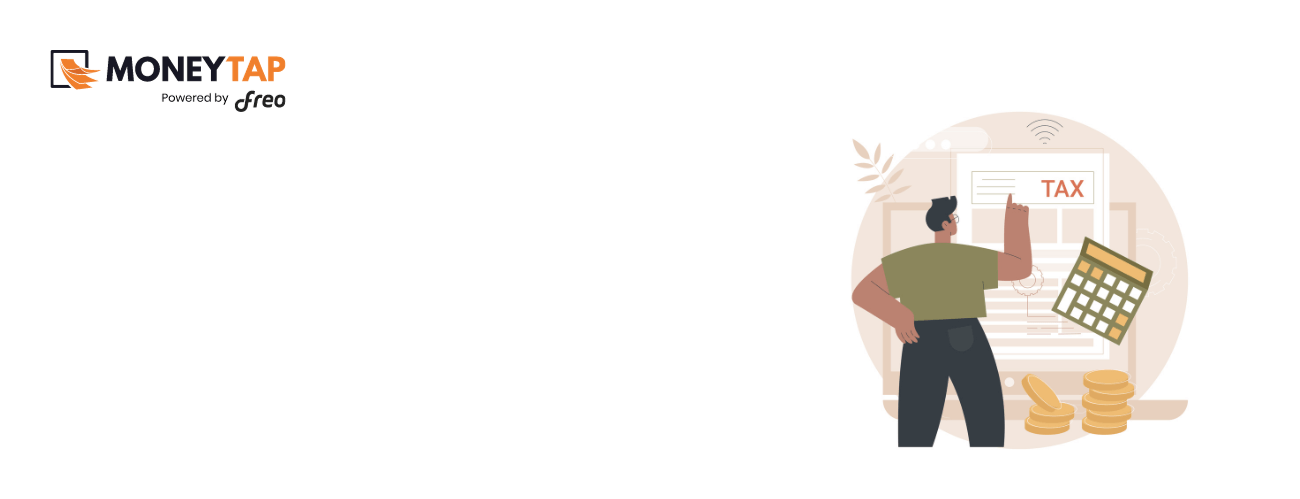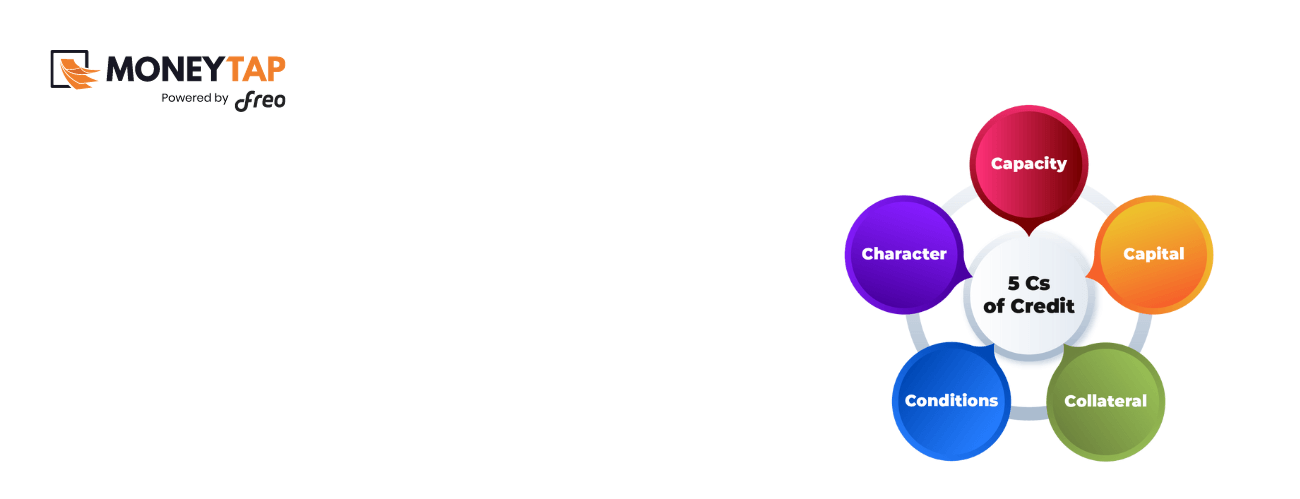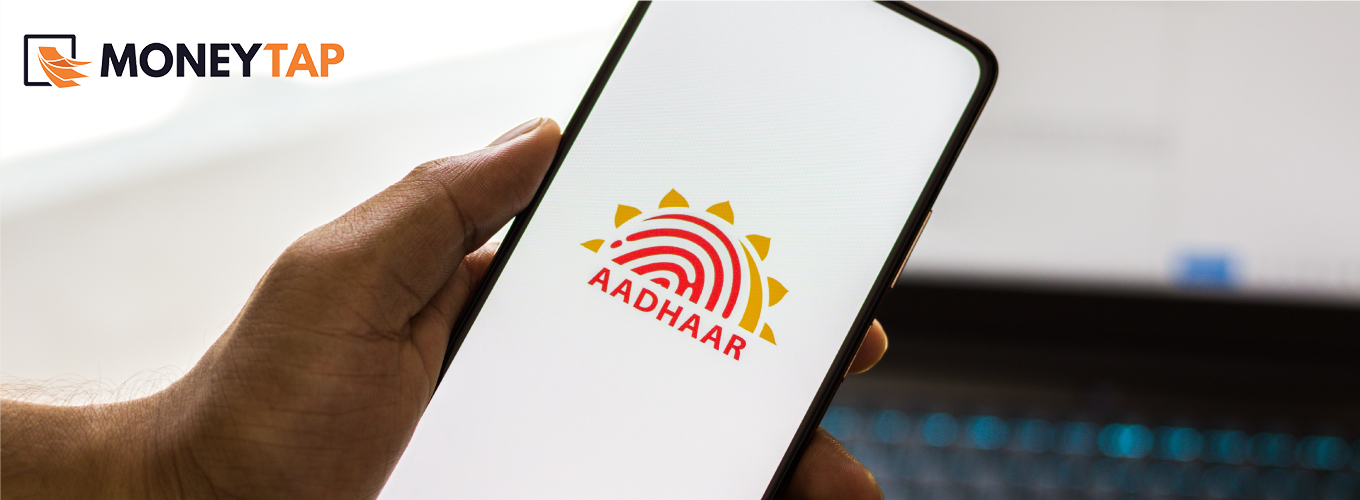5 Mistakes You Must Avoid to Get Maximum Value from Your Budget and Save Money
Topic
- Around India with MoneyTap 1
- Consumer Durable 1
- Credit Cards 32
- Credit Score 27
- Finance 33
- General 52
- Know MoneyTap Better 26
- MoneyTap 50
- MoneyTap in Daily Life 38
- Personal Loan 86
- Shopping on EMI 4
- Wedding Loan 1
You urgently need money for something that came up, and you suddenly realise that your bank account is nearly empty. And then one day, you resolve to make a budget and stick to it—good decision, but a few mistakes that can derail all your good intentions.
In this article, we share a few mistakes that you must avoid in your budgeting exercise to reap the maximum value from your effort
- Not creating a written budget:
- Not tracking expenses daily:
- Setting unrealistic targets:
- Not having an emergency fund:
- Not rewarding yourself for the effort:
To have a budget that works for you, you need to transfer the numbers roaming aimlessly in your head onto paper (or an excel sheet). Writing in detail on all your expenses helps you get more clarity on your spending patterns. This will increase the chances that the budget you create is a reasonable and realistic budget that you stick to.
Remember the Hero Honda ad tagline – “Fill it, shut it, forget it”? Sorry, but budgeting is not like that. You need a daily effort in tracking your expenses. The benefit of doing this is that you start becoming more mindful of your spending patterns and improvement scope. You also start understanding the difference between needs and wants. It is very also helpful to journal these observations in a diary.
In the initial days, a rush of motivation may lead you to set unrealistic saving targets. This is a bad idea because when you see yourself moving away from the targets, you risk losing your motivation making you abandon the process altogether. So, go easy on yourself in the first few months. Set realistic targets. And don’t forget to have some buffer for unforeseen and discretionary expenses.
If you want to navigate unharmed from unexpected expenses, have an emergency fund worth six months of expenses and a plan to borrow funds at low cost. Not having a plan can make you fall into the trap of expensive personal loans. Instead, try and explore convenient new-age options like a personal line of credit which you can access anytime without disturbing your budget.
Budgeting need not be a punishment. A fun element like a promise to reward yourself for meeting your savings goals is a hack for keeping yourself motivated. The incentive need not be expensive; it can be as simple as allowing yourself a bar of dark chocolate or watch that latest flick.
Conclusion
Having a budget is the first step in organising your financial life. Rather than acting as an expense tracker, the value of the budget goes far in helping you decode your unhelpful patterns. The exercise’s value is in learning your lessons one day at a time and bringing the necessary behavioural shifts. Once you have got hold of your monthly budget, you can move more confidently to other aspects of your financial well-being.











 Get it on playstore
Get it on playstore Get it on appstore
Get it on appstore